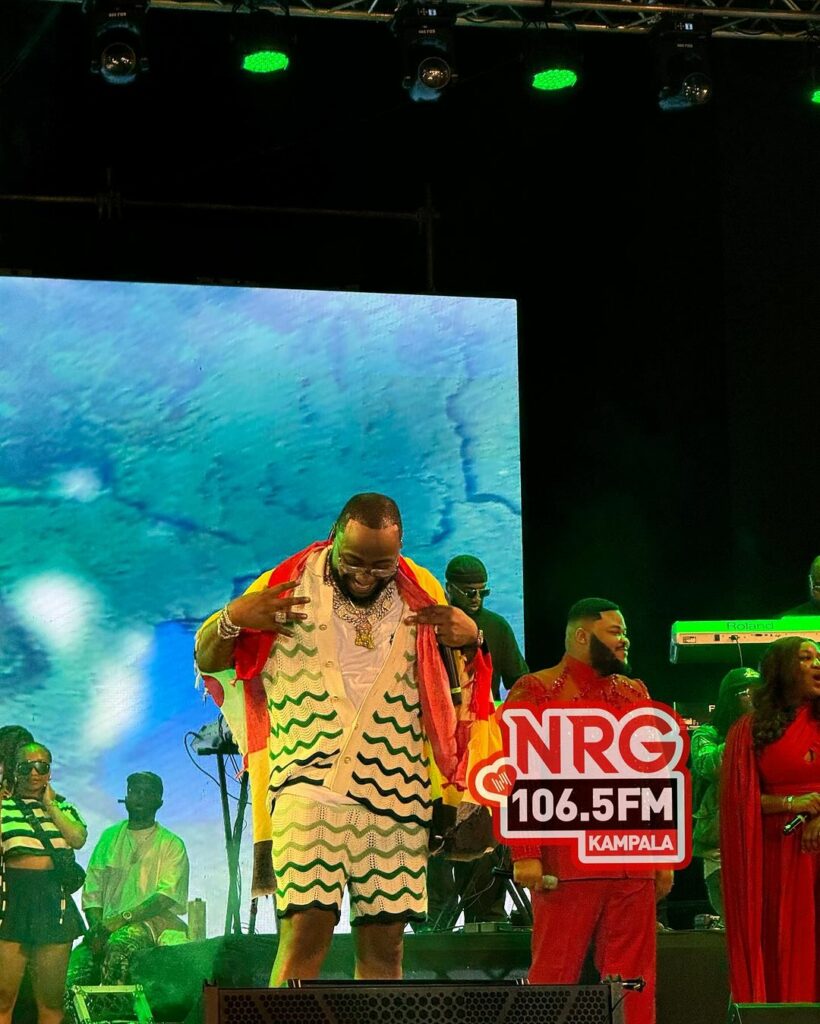THE EVOLUTION OF RADIO AS A MEDIUM OF COMMUNICATION.
Written by Edith Ahurira on February 13, 2024
Radio, one of the most enduring forms of mass communication, has undergone a remarkable evolution since its inception. From its humble beginnings in the late 19th century to its ubiquitous presence in today’s digital age, radio has continually adapted to technological advancements and changing societal needs, shaping the way we consume news, entertainment, and information.
The story of radio begins in the late 1901 with the pioneering work of inventors and scientists like Guglielmo Marconi and Nikola Tesla. Marconi’s successful transmission of the first wireless telegraph signals across the Atlantic Ocean in 1901 marked the birth of long-distance radio communication. Soon after, radio broadcasting emerged as a means of disseminating news, music, and entertainment to a wider audience.
The 1920s witnessed the rise of commercial radio broadcasting, with the establishment of the first radio stations in the United States. These stations, initially focused on transmitting music concerts and variety shows, quickly gained popularity among listeners. The introduction of network radio in the 1930s further revolutionized the medium, allowing for the syndication of programs across multiple stations nationwide. Iconic shows like “The War of the Worlds” and “The Lone Ranger” captured the imaginations of millions, solidifying radio’s place as a dominant force in entertainment.
The 1940s and 1950s saw the advent of FM radio, which offered superior sound quality and expanded broadcasting capabilities compared to its AM counterpart. FM radio revolutionized the music industry, giving rise to new genres like rock and roll and enabling stations to cater to niche audiences. Meanwhile, the emergence of talk radio in the 1960s provided a platform for discussions on politics, current events, and social issues, further diversifying radio programming and engaging listeners in meaningful dialogue.
In Africa, radio has played a pivotal role in shaping culture, fostering community, and disseminating information for decades. The continent’s radio history dates back to the early 20th century, with the establishment of the first radio stations in various regions.
One notable milestone occurred in 1924 when the British Broadcasting Corporation (BBC) inaugurated its first relay station in Nairobi, Kenya, marking the birth of radio broadcasting in East Africa. This station initially served colonial interests by relaying BBC programming to British expatriates and settlers across the region.
The late 20th century brought about significant advancements in radio technology, paving the way for the digital revolution. The introduction of satellite radio and internet streaming services in the 1990s expanded the reach of radio beyond terrestrial boundaries, offering listeners access to a vast array of content from around the world. Additionally, the proliferation of smartphones and mobile devices enabled on-the-go listening, transforming radio into a portable and personalized experience.
While the Digital platform was blooming so did the social issues grow and the desire for these issues to be addressed birthed the creation of podcasts. This is so because many of the issues and in depth conversations were not held on Radio and when held, were often censored by different aspects including the Laws governing the Media industry and mostly the commercial arm of media.
In recent years, the rise of podcasting has redefined the radio landscape, allowing individuals and organizations to create and distribute audio content on a wide range of topics. Podcasts offer listeners the flexibility to consume content on their own terms, whether it’s during their daily commute, at the gym, or at home. The popularity of podcasts continues to soar, with millions of listeners tuning in to a diverse array of shows spanning genres from true crime to comedy to education.
Radio continues to evolve in response to changing technological and cultural trends. With the advent of artificial intelligence, smart speakers, and voice-activated assistants, the future of radio promises even greater interactivity and personalization. Despite these advancements, the timeless appeal of radio—its ability to inform, entertain, and connect people—remains as strong as ever, ensuring its enduring relevance in an ever-changing media landscape.






 NRG RADIO KENYA
NRG RADIO KENYA  NRG JAZZ
NRG JAZZ  NRG MIXOLOGY
NRG MIXOLOGY  NRG RnB
NRG RnB  NRG AFROBEATS
NRG AFROBEATS  NRG GOSPEL
NRG GOSPEL